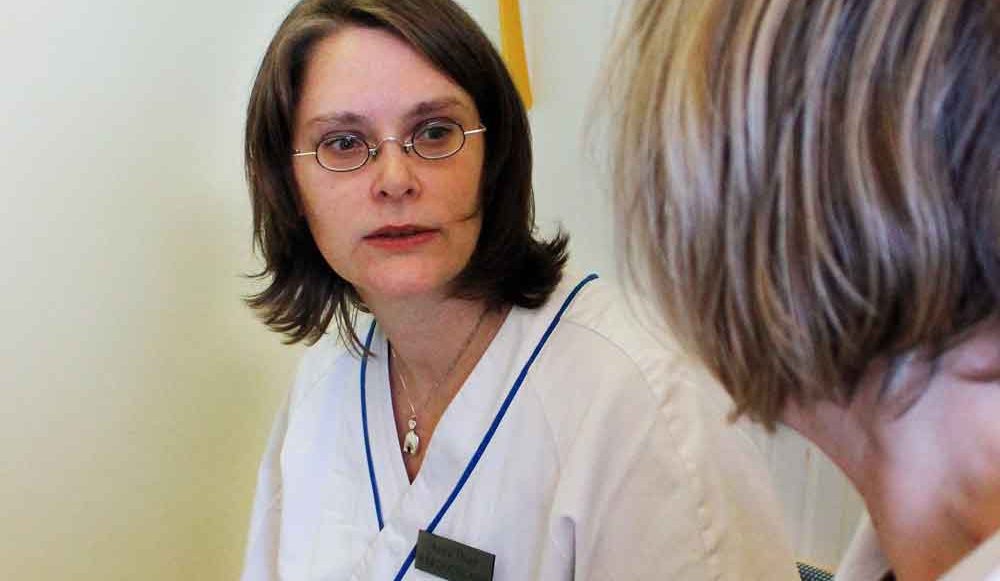Lessons from a design-based development project in primary care.

The initial aim of the Healthcare Centre 2.0 was to develop new care services that meet the patients’ needs. The idea was to test design-based methods by allowing a service designer to study the everyday operations of primary care over a long period of time.
The plan was to create concepts for new and improved services in primary care and to implement these new solutions. In addition, the healthcare centre would be given methods for continuously involving patients in order to improve care. The focus on innovations and concrete services changed, however, as the project progressed in favour of collecting lessons as a basis for creating prerequisites in the long term for sustainable primary care.
In order to identify what is required to achieve improved primary care, a service designer from Experio Lab worked part-time at the healthcare centre in Rud, Karlstad, for a year.
Work has been focused on involving patients as well as staff to create a more patient-focused primary care. The project has also included reviewing the staff’s work situation to identity where new innovations would benefit both caregivers and patients.
The central starting point has been to try to integrate more of the patient’s perspective in the development of care. Initially, the hypothesis was that the project would be based on a design process in five phases: prepare, capture, understand, renew, improve. As work progressed, it became clear that the phases ‘capture’ and ‘understand’ required more time and resources than predicted. Therefore, the project began focusing more on understanding the prerequisites needed for the future development of primary care, and trying to initiate and support internal improvement processes.
The project has resulted in a number of conclusions and both care-specific and design-specific recommendations. The final report highlights what needs to be done here and now and the prerequisites required for a Healthcare Centre 2.0. Emphasis is placed on a number of lessons and insights that are more about cultural changes than development of new services. The hope is that the lessons learned from the project and the processes initiated at Rud healthcare centre have created a valuable basis for further development work.
In the long term, the project is expected to contribute to a number of effects:
– that existing legislation is investigated and changed to provide greater support to healthcare at the right level
– that greater focus is placed on patients’ needs and wishes while also improving the staff’s work environment
– that both staff and citizens share a better understanding that healthcare needs to be renewed and changed
Report Prerequisites for a Healthcare Centre 2.0 Anna Thies_vC.2(in Swedish)
View a clip of Anna Thies (below) as she is interviewed by the Swedish Industrial Design Foundation. In the interview she talks about her conclusions and recommendations following the Healthcare Centre 2.0 project, aimed at both healthcare services and designers working in healthcare.